September 13th has been designated as “National Celiac Disease Awareness Day” in honor of Dr. Samuel Gee, the man who identified a link between diet and the disease. It was commemorated on August 3rd, 2010 by a resolution in the U.S. Senate in the hopes that more people would become aware of and informed about the disease. While it may not be a holiday that is widely celebrated, it is important to an estimated 3 million people who suffer with it. What is Celiac Disease? While it is sometimes called gluten-sensitive enteropathy or celiac sprue, celiac disease is an immune...

National Ovarian Cancer Awareness Month
In its early stages, the symptoms of ovarian cancer are vague and aren’t that intense. Furthermore, most screening tests aren’t that dependable. Unfortunately, by the time diagnosis confirms the presence of the disease, it’s already in the latter stages and has a poor prognosis. According to the American Cancer Society, this is the deadliest of all reproductive system cancers and the 5th leading cause of cancer deaths in females. As a result, September has been designated as National Ovarian Cancer Awareness Month to rally for more research, support, and treatment of this very difficult to detect form of cancer. Consequently,...

Health Unit Coordinators Day
While many individuals have little if any idea what a Health Unit Coordinator is, August 23rd is known as Health Unit Coordinators Day on the National Observances calendar. A health coordinator is a person who is responsible for performing the following tasks and duties in a healthcare or medical environment: communicating with fellow staff members communicating with patients and guests maintaining electronic health records other duties of a clerical nature patient admission, transfer, and discharge Health Unit Coordinators Day originated as a reminder of the important teamwork that takes place in healthcare and medical facilities and why health unit coordinators...
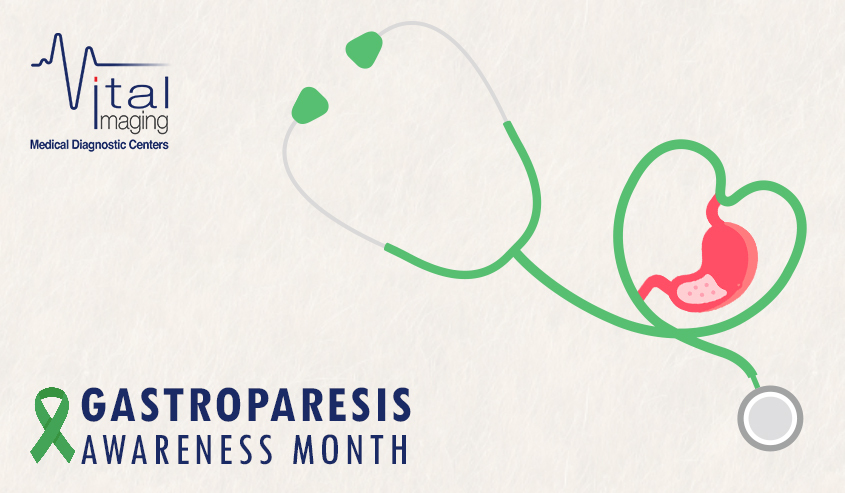
What is Gastroparesis?
Most people do not realize that August is Gastroparesis Month. What is Gastroparesis, you ask? The movement of food into the small intestine from the stomach is triggered by the Vagus nerve which causes the stomach muscles to contract and push the food on its way. When the Vagus nerve is damaged, Gastroparesis or a partial paralysis occurs and the movement of food is slowed down considerably. In the more severe cases, food movement stops altogether. How Does the Disease Develop? A healthy person’s stomach muscles can use strong contractions to pass food through the intestines. However, when someone suffers...
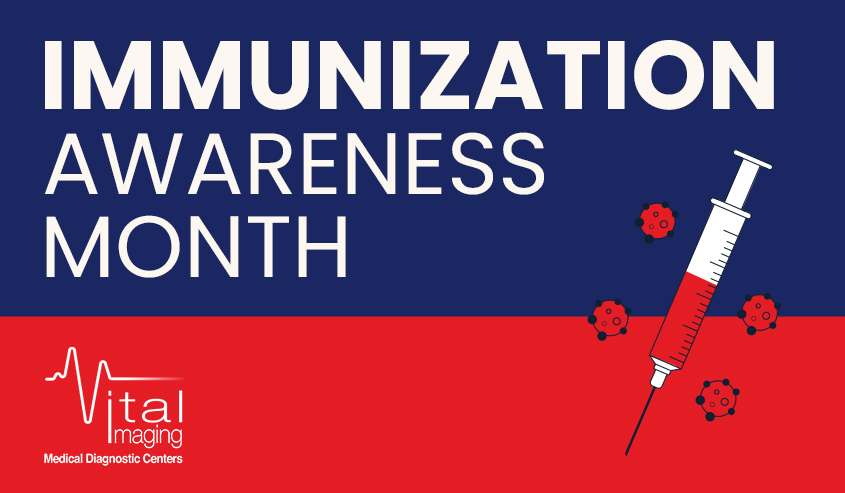
Immunization Awareness Month
The month of August is National Immunization Awareness Month or NIAM and was established as such in 2013 by the National Public Health Information Coalition. Later on, it would be coordinated with the CDC to promote the importance of vaccinating people in all age groups, especially the elderly and infants. The goal of Immunization Awareness Month is to increase awareness of the importance of vaccines and the role they play in preventing serious and deadly diseases. The Importance of Vaccines So, who needs vaccines? Some would say the answer to that is everyone! As was mentioned above, the key to...

National Breastfeeding Awareness Month
For those of you who aren’t aware of it, August is National Breastfeeding Awareness Month. As this month was set aside by the AAP (American Academy of Pediatrics) and WHO (World Health Organization) to promote the awareness of breastfeeding and its importance, both organizations recommend that mothers breastfeed their infants the first 6 months of their lives. Furthermore, according to the CDC, 83% of all US babies receive breast milk when they are born. After 6 months, only 25% are still breastfed. Breastfeeding Benefits for Babies Breastfeeding provides numerous emotional, mental, and physical benefits for babies and their mothers. For...
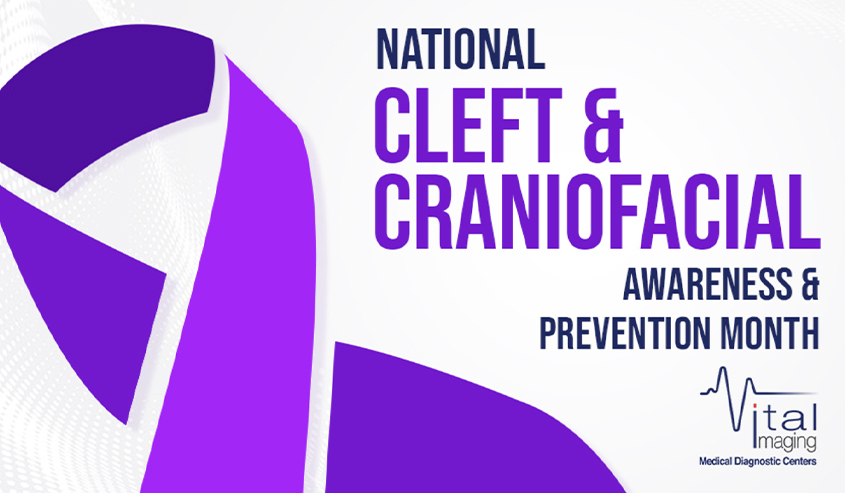
National Cleft and Craniofacial Awareness and Prevention Month
When it comes to observing national days of awareness, you may or may not be familiar with National Cleft and Craniofacial Awareness and Prevention Month which takes place every July. However, understanding the importance of NCCAPM is something that many parents can relate to. After all, 1 out of every 600 babies (roughly 7,000 total) is born with cleft lips or cleft palates. These are two of the more common birth defects that occur in the U.S. every year. What is a Cleft Lip and Cleft Palate? When the lip doesn’t form completely and remains open, this is referred to...
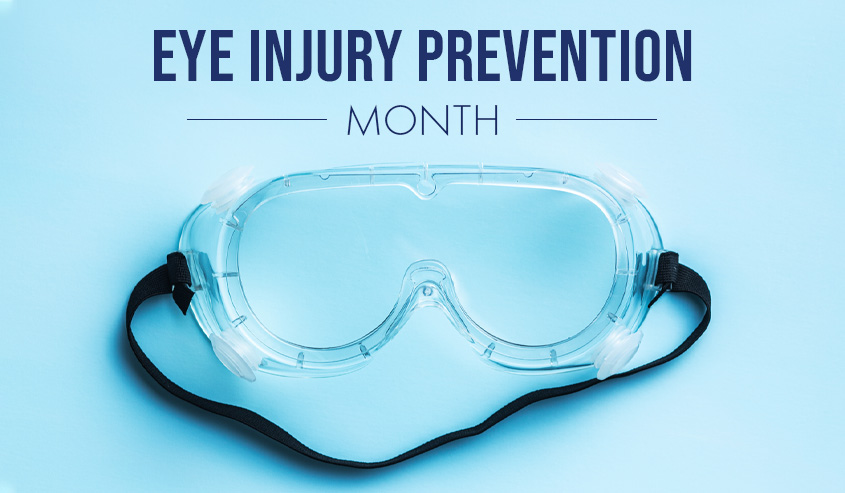
Eye Injury Prevention Month
Eye Injury Prevention Month is a time dedicated to raising awareness of better eye health. During this time, ophthalmologists, opticians, and optometrists will be encouraging you to protect your eyes from accidental injuries. Over a million individuals are impacted by eye injuries every year, 90% of which could have been avoided by wearing protective eyewear or safety goggles. Pertinent Facts and Statistics One of the primary causes of visual impairment among Americans is an accidental eye injury. However, eye injuries aren’t always caused by chemical burns, cuts, dust, or foreign bodies lodged in the eye. They can also be damaged...

UV Safety Month
The month of July typically means barbeques, beaches, and fun in the sun. However, it also means more exposure to the sun’s harmful UV rays which can potentially turn skin cells into skin cancer. It’s important to take extra precautions when enjoying the outdoors, especially since skin cancer rates have dramatically increased over the past decade. According to the American Cancer Society, the most common form of cancer in the US is skin cancer. Furthermore, there are more diagnoses of skin cancer than all the other types of cancer combined. What is UV (Ultraviolet) Radiation? UV radiation is composed...
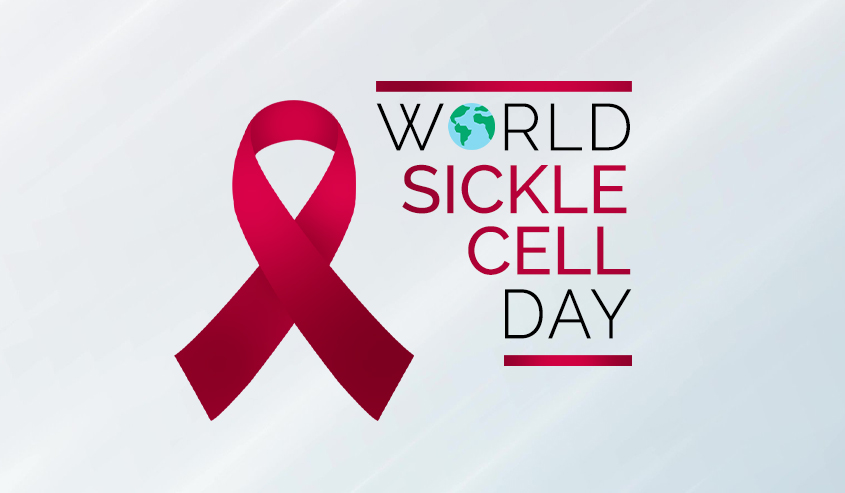
World Sickle Cell Day
World Sickle Cell Day was established by the UN General Assembly in 2008 for the purpose of increasing public awareness, knowledge, and understanding of the disease. It’s celebrated every year on June 19th to make others aware of the challenges that sickle cell patients, their families, and caregivers experience. What is Sickle Cell Disease? As an inherited blood disorder, sickle cell disease affects the red blood cells and is characterized by a high content of hemoglobin S, an abnormal hemoglobin type. The red blood cells become crescent or sickle-shaped and often have difficulties passing through the smaller blood vessels of the body. Sickle...

